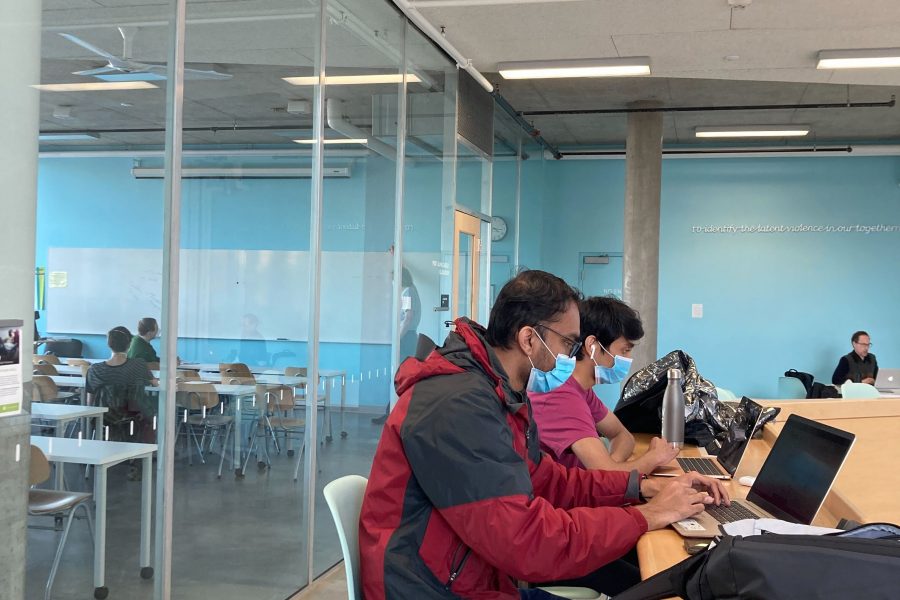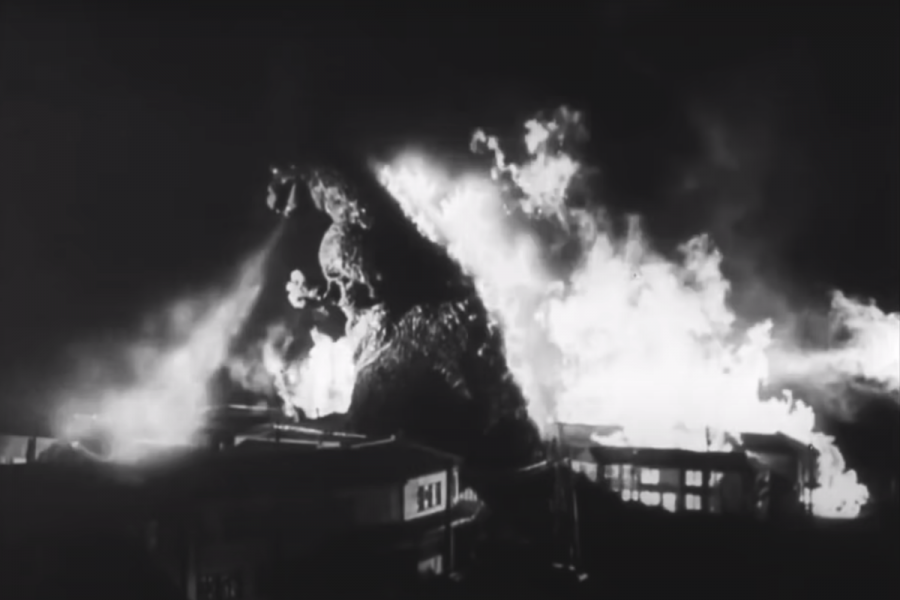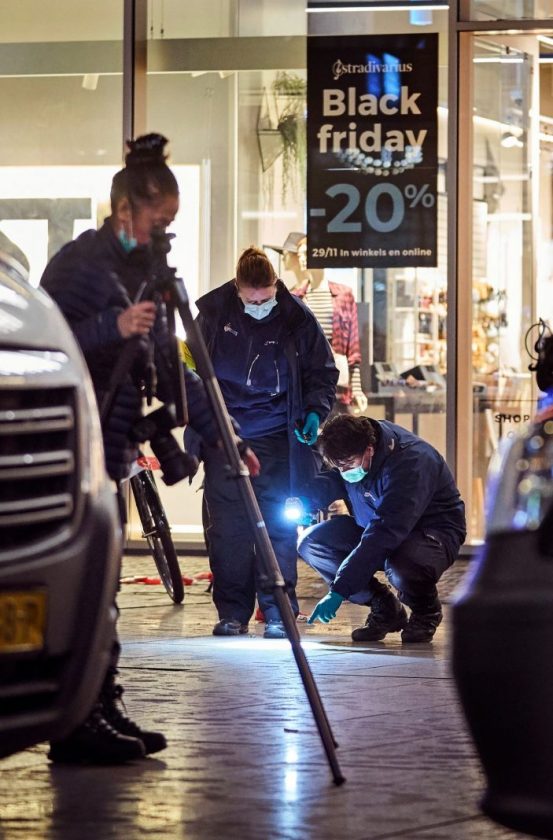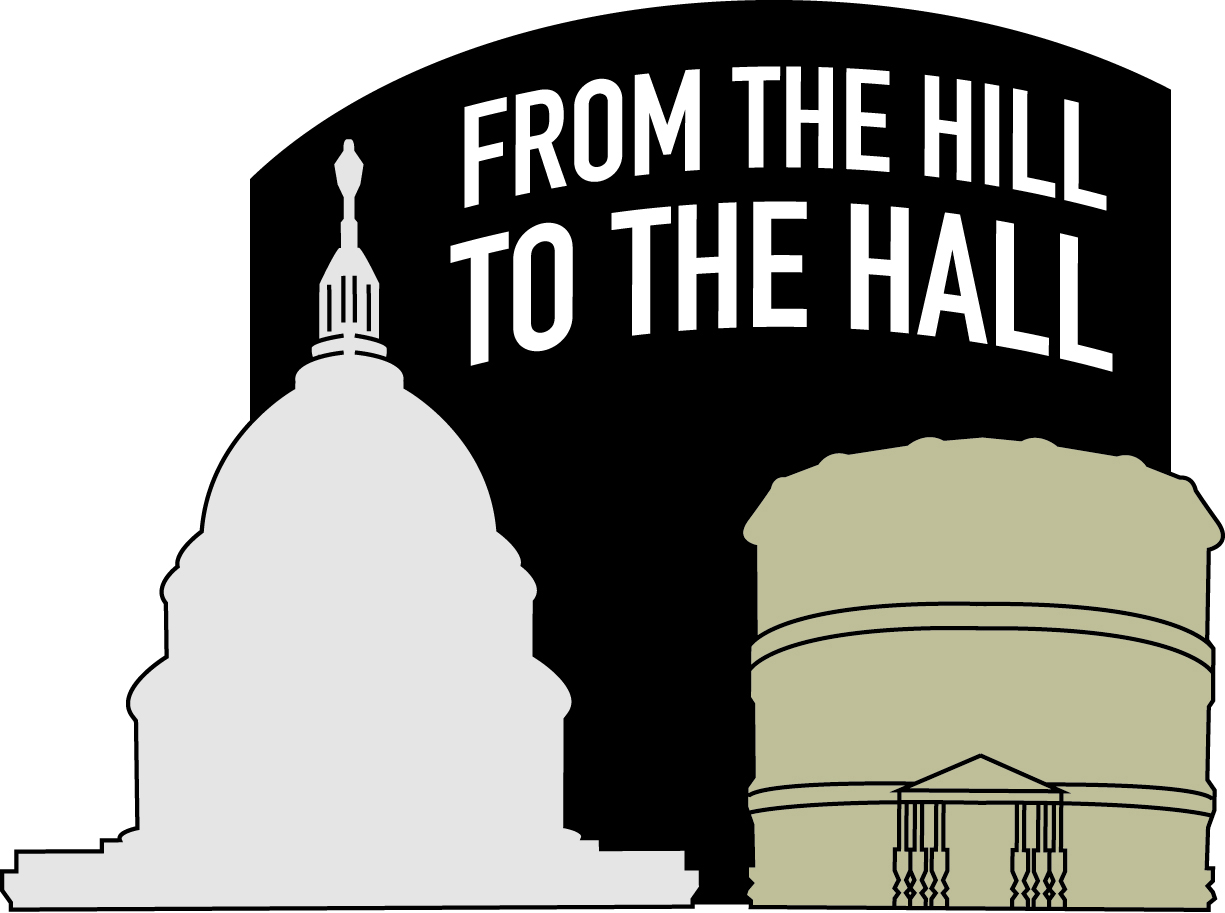Since Russian President Vladimir Putin’s televised address on Tuesday, Feb. 22, the war between Russia and Ukraine has continued to rage on through this current week, and seems as if it will continue to do so for the foreseeable future. The war has already accounted for hundreds of lives lost, including Ukrainian civilians and Russian soldiers, as reported by Reuters.
In just seven days, over one million Ukrainians fled as refugees—in what the United Nations claimed to be one of the fastest exoduses in history.
Although many found this news rather uplifting as people in Ukraine tried to flee the war-stricken country, there has been some harsh backlash in the responses shared on social media.
There are several unauthenticated videos from unverified accounts appearing to show Ukrainian citizens blocking African citizens from leaving the country, as reported by Reuters. Additional reports make similar claims, including the fact that many Africans in Ukraine are students.
Buchizya Mseteka, a South Africa-based spokesperson for the United Nations High Commissioner for Refugees (UNHCR), reported that the agency had not verified the reports, but still urged countries bordering Ukraine to welcome all refugees and ensure protection for all.
“UNHCR is aware and is very concerned about reports of racial profiling, we’re aware of many of these reports, we’re following up and where possible we’ve made interventions,” Mseteka said. “Our position is that irrespective of nationality and race, people seeking protection should be allowed to seek safety and to leave the country.”
One Ghanian engineering student studying in Ukraine, Percy Ohene-Yeboah, detailed his experience for Reuters. On the morning of Feb. 24, Ohene-Yeboah witnessed the chaos ensuing in Kharkiv, Ukraine from his apartment window, watching as the street filled with traffic and hurried pedestrians attempting to evade the Russian missiles striking the city. He packed his bag and immediately made his way to the nearest underground train station seeking shelter.
“In a situation like this, you’re on your own,” he told Reuters from a church basement by phone.
“You’ve got to find the best way to find refuge for yourself.”
Tens of thousands of African students reside in Ukraine, studying a range of careers from medicine to engineering to military affairs. Morocco, Nigeria and Egypt are all in the top 10 countries with foreign students in Ukraine. The students who spoke to Reuters reported that they had received no help from home, with African governments struggling to support their citizens from thousands of miles away while flights were grounded.
In a joint statement, African Union Chair Senegal’s President Macky Sall and head of African Union Commission Moussa Faki Mahamat stated, “Reports that Africans are singled out for unacceptable dissimilar treatment would be shockingly racist and in breach of international law.”
They also addressed that all people, regardless of nationality or race, should be granted the equal right to cross borders during international conflict and enjoy the opportunity to cross to safety from Ukraine.
Aside from backlash to the refugee crisis in Ukraine, several reporters have faced intense criticism for backhanded and racist comments about the Ukrainian conflict. On Monday’s episode of The Daily Show, host Trevor Noah showed multiple clips of several reporters expressing surprise about the location of the ongoing war.
“A lot of people on TV didn’t expect a war like this to happen in, let’s say, certain neighborhoods,” Noah said.
What followed was a series of clips of reporters speaking on the war:
“This is not a developing third world nation, this is Europe.”
“These are prosperous middle-class people, these are not people trying to get away from areas in North Africa, they look like any European family that you would live next door to.”
“This isn’t a place with all due respect, you know, like Iraq or Afghanistan. You know this is a relatively civilized, relatively European, I have to choose those words carefully too, a city where you wouldn’t expect that.”
Noah then went on to point out that, beyond the racism, the reporters had all seemed to have forgotten that fighting wars was historically common in Europe—and that they should not be surprised when war breaks out in predominantly white European countries as opposed to areas such as Iraq, Afghanistan and North Africa, which the reporters had insinuated were more prone to war due to not being as civilized.
“I was shocked to see how many reporters, around the world, by the way, seem to think that it’s more of a tragedy when white people have to flee their countries,” Noah said.
Editor’s Note: This story covers an active conflict and all pieces of information are subject to change.






